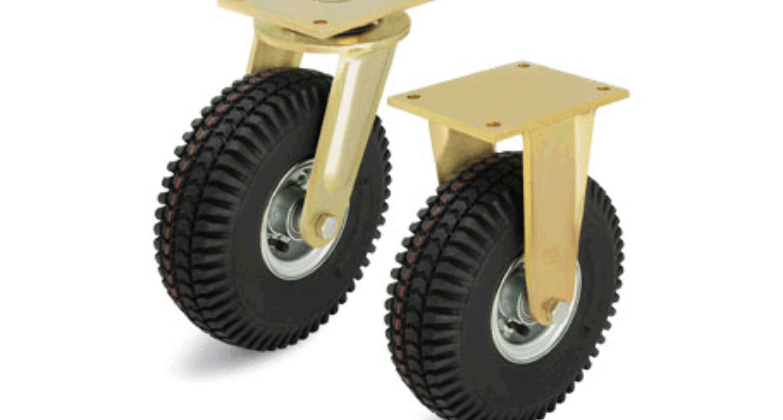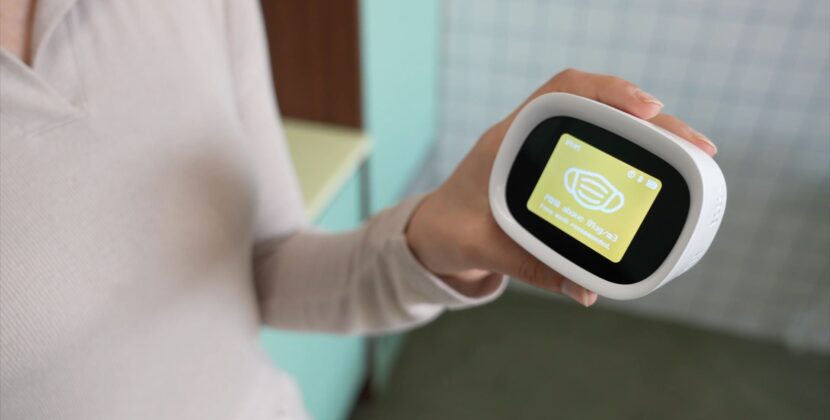
Remember your math teacher telling you, “You need to learn this. You’re not going to be carrying a calculator in your pocket wherever you go.”
Oh, how wrong they were. Now we all have smartphones that can do the math and much, much more.
But having said that, without math, we wouldn’t have that amazing piece of tech. Whether you notice it or not, math in real life is absolutely necessary for all sorts of things, and it surrounds us every day.
So in this article, we’ll take a look at math in real-life situations you may not have even noticed. And by the end, you’ll wonder how you’d ever cope without it.
Math in Real Life
At school, math had a hard time recruiting fans. Unless you were going to become a teacher or a scientist, many of us viewed it as a waste of time. Of course, being able to do basic arithmetic is very useful, but what about all the rest?
There are all sorts of different aspects of math that help us understand the world better. Things like calculus to work out the distance in space, or algebra to teach us things like “What is point slope form”?
But let’s go back to the basics and discover where the real magic in everyday math happens…
Making Money
When people buy things, they don’t tend to check their funds beforehand. Almost every purchase we make is an emotional decision. We buy it because we need or want it, not necessarily because we can afford it.
Learning how to manage your money by calculating income and expenditure, savings, investments, interest rates, and so on, you can make your money work for you, rather than you for it. And math plays a big part in getting you there.
Savvy Shopping
Stores try to make it as easy as possible for you to buy their stuff, so they work out all the costs, discounts, and bargains for you. But being able to do a lot of these things yourself can really help you to budget and save money on everyday items.
What’s more, if you can calculate fractions and percentages easily, you can negotiate better deals on items. This works particularly well for making those large purchases such as furniture, equipment, or a car.
Math at Home
It’s not just out and about where you meet math, but also every day at home. For instance, cooking isn’t just heating up food, especially when it comes to baking. It’s the careful science of measuring ingredients to create a tasty dish that sings. With that comes calculations, conversions, and timing to get it right.
Then there’s DIY, which again requires a lot of measuring, calculating sizes, angles, and costs. So if you’re building a new shed, you need to measure up, calculate the materials needed, your budget, and so on, to make the project a success.
Creative Pursuits
Even when you think a subject is entirely to do with creativity, math still manages to wiggle its way in. If you’re an artist, math is used to calculate areas, perspective, angles, proportions, materials, the list goes on. Your vision is only realized when all of these fall into place.
Music is similar in this respect. Finding a rhythm and structure by calculating things like tempo can really help bring a piece together.
Traveling Tips
Math can help you save time and get more organized with how you spend it. This could be from working out time differences around the world and planning your schedule to make every second count.
This also includes calculating travel distance, fuel consumption, currency conversion, maps, and orientation. Bringing math with you on your journey can help make the whole trip go a lot smoother.
Real Uses of Math
As you can see, math surrounds us in everything we do, even when we don’t realize it. Its uses go far beyond working out a few sums here and there.
So it’s not only important to know the basics, but also to make use of math in real life situations. Once you notice all the many applications of real-life math, you’ll wonder how you ever lived without it.







